Cunningham’s initiatives for first responders signed into law
- Details
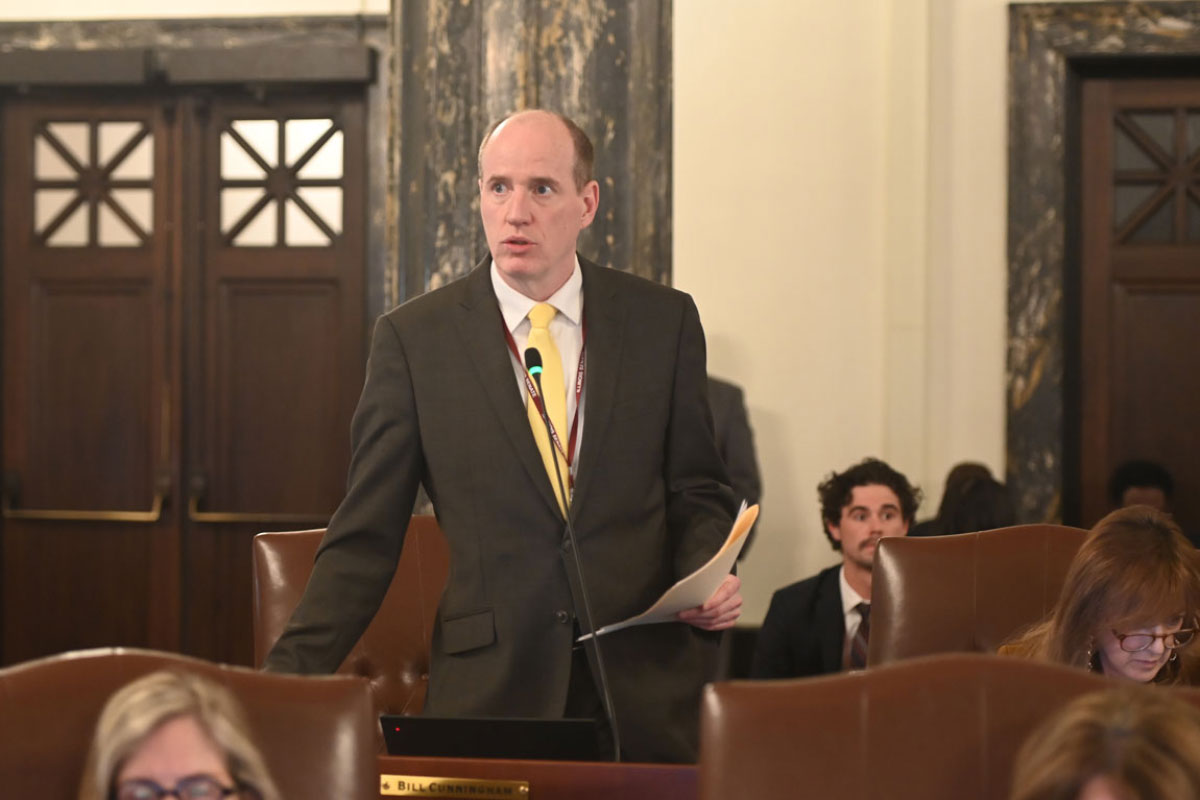 SPRINGFIELD – State Senator Bill Cunningham led two initiatives to expand family counseling services and disability benefits for first responders that were signed into law on Friday.
SPRINGFIELD – State Senator Bill Cunningham led two initiatives to expand family counseling services and disability benefits for first responders that were signed into law on Friday.
“These laws recognize the job-related stress that first responders have to deal with,” said Cunningham, a Democrat who represents portions of Chicago and the Southwest Suburbs. “Many first responders will no longer have to worry if their department will cover family counseling services.”
House Bill 4460 requires every self-insured county and municipality to provide coverage for marriage and couples counseling for firefighters and police officers. Coverage for marriage or couples counseling has not been required in insurance plans for first responders because it had not been considered a diagnosable mental health condition.
Read more: Cunningham’s initiatives for first responders signed into law
Villanueva enhances Scott’s Law to include road construction sites
- Details
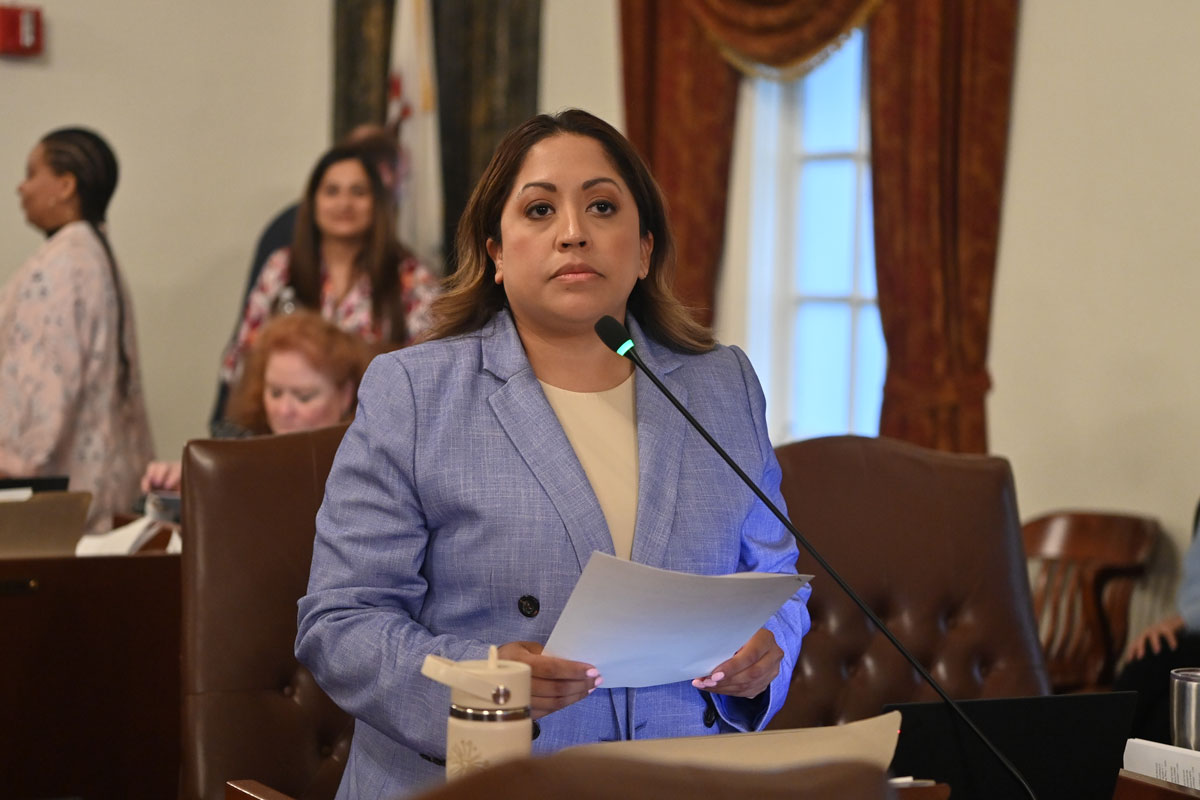 SPRINGFIELD – State Senator Celina Villanueva championed a newly signed proposal to enhance Scott’s Law by further protecting construction workers.
SPRINGFIELD – State Senator Celina Villanueva championed a newly signed proposal to enhance Scott’s Law by further protecting construction workers.
“Expanding Scott’s Law to include constructions zones is essential to ensuring the safety of workers and drivers alike,” said Villanueva (D–Chicago). “By prioritizing this preventative law we are instituting safeguard for the lives of everyone involved.”
Scott's Law requires drivers to change lanes when approaching stationary emergency vehicles, including highway maintenance vehicles displaying flashing lights, and any stationary vehicle with their hazard lights activated. The measure also states, if changing would be impossible or unsafe, drivers would be required to proceed with due caution, reduce the speed of the vehicle and leave a safe distance until safely passing the stationary vehicle.
Read more: Villanueva enhances Scott’s Law to include road construction sites
Senate President Harmon applauds historic quantum research partnership
- Details
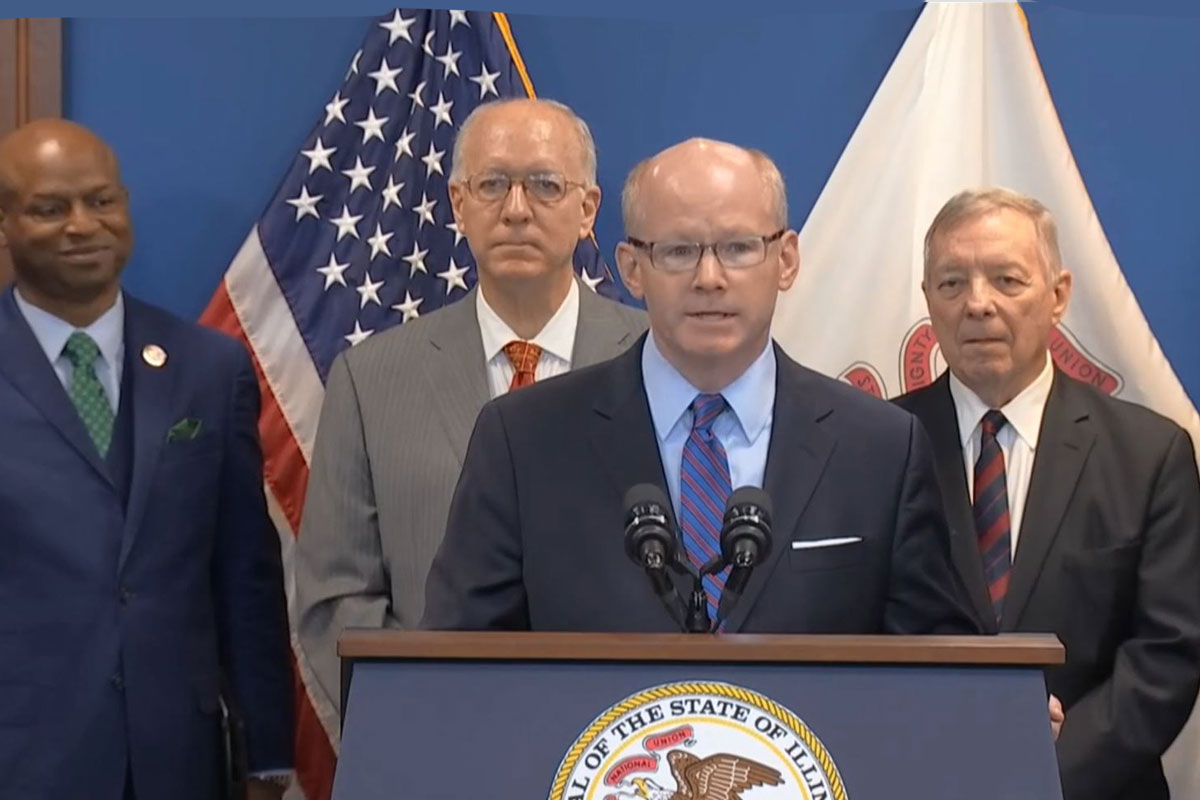
SPRINGFIELD –Senate President Don Harmon joined Governor JB Pritzker, House Speaker Emanuel “Chris” Welch and federal lawmakers to announce a historic partnership between the Defense Advanced Research Projects Agency and Illinois that will develop a Quantum Proving Ground for research on the emerging technology.
“Just as technological innovation has changed our lives in ways we could never have imagined, quantum holds the promise of doing the same for the future,” said Harmon (D-Oak Park). “And that future will happen here.”
Read more: Senate President Harmon applauds historic quantum research partnership
Fine law establishes guardrails for carbon capture industry
- Details
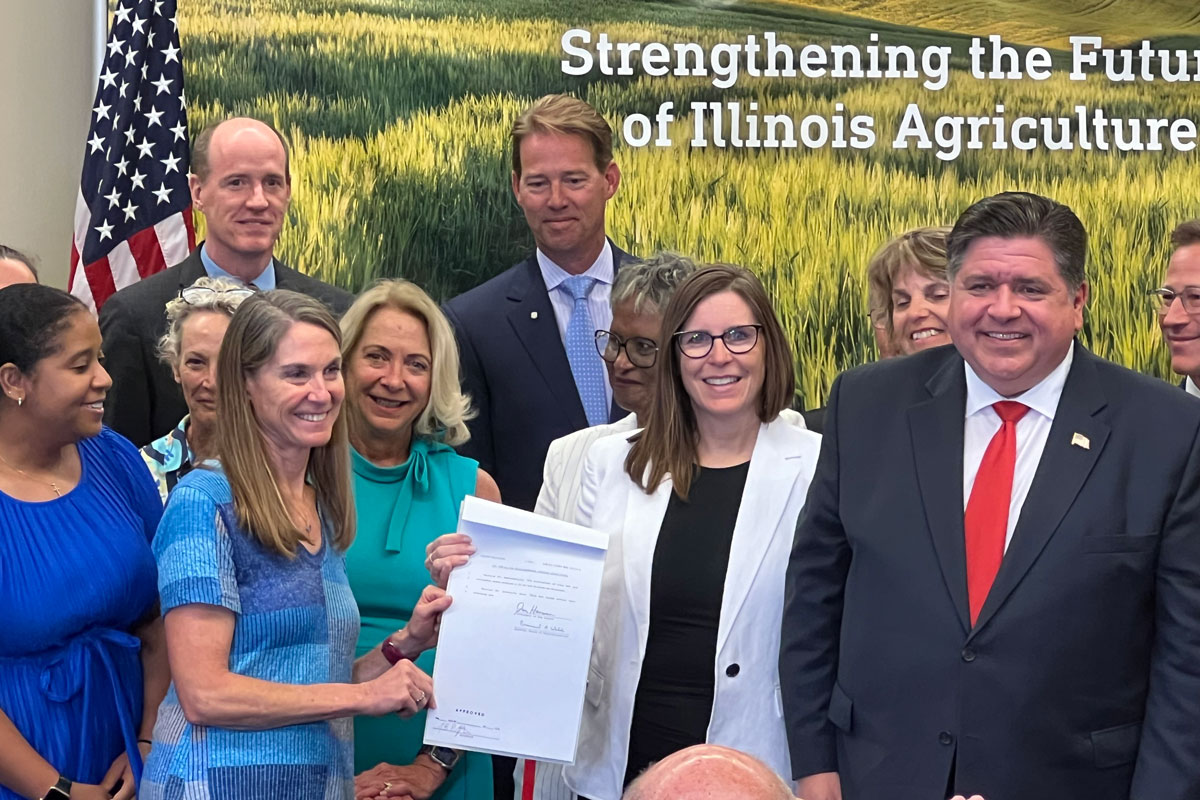 SPRINGFIELD – Due to our unique geology, Illinois has attracted interest from industry to pursue carbon capture and sequestration (CCS) projects. In response to this growing industry, State Senator Laura Fine passed legislation to ensure these projects meet some of the strongest environmental protections in the nation.
SPRINGFIELD – Due to our unique geology, Illinois has attracted interest from industry to pursue carbon capture and sequestration (CCS) projects. In response to this growing industry, State Senator Laura Fine passed legislation to ensure these projects meet some of the strongest environmental protections in the nation.
“Senate Bill 1289 secures long-term protections to keep Illinois communities safe and benefit from the growing carbon capture and sequestration industry,” said Senator Fine (D-Glenview). “Over the course of many months, environmental advocates, unions, landowners and industry helped to establish robust safety requirements to protect our land and water, ensuring that corporations, not Illinois taxpayers, are held liable for operations and safety.”
Read more: Fine law establishes guardrails for carbon capture industry
More Articles …
Page 150 of 738

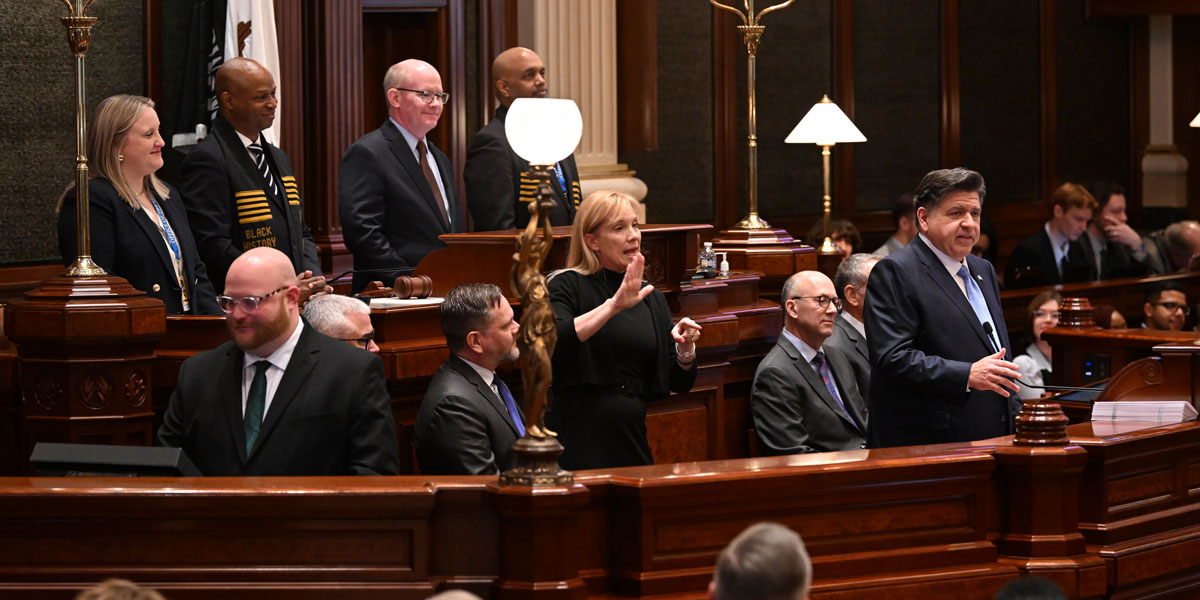

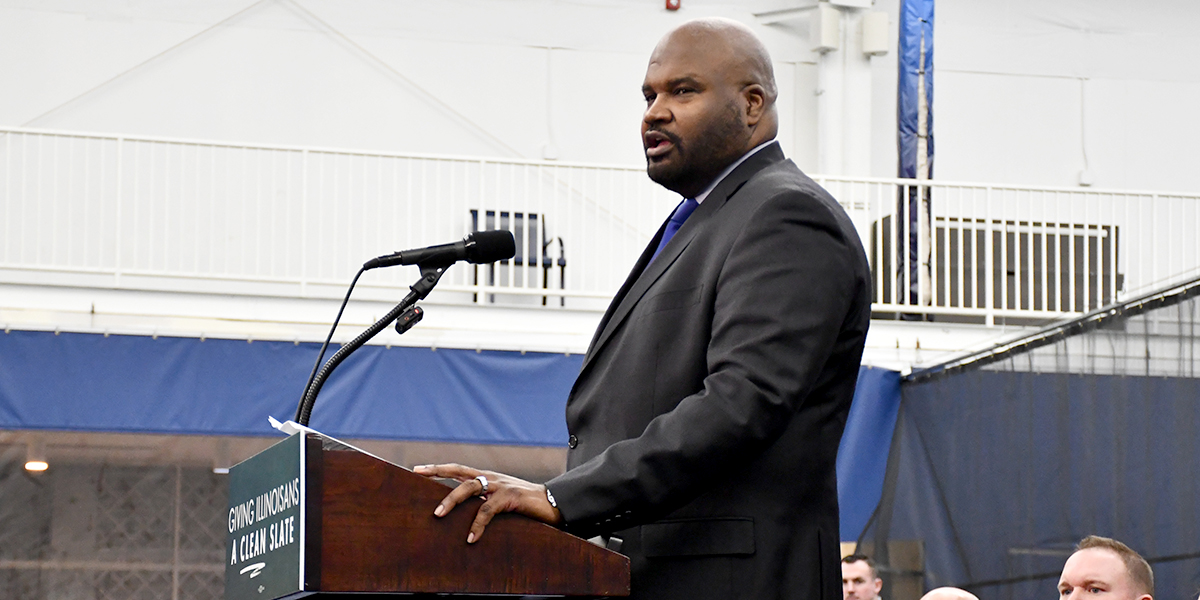
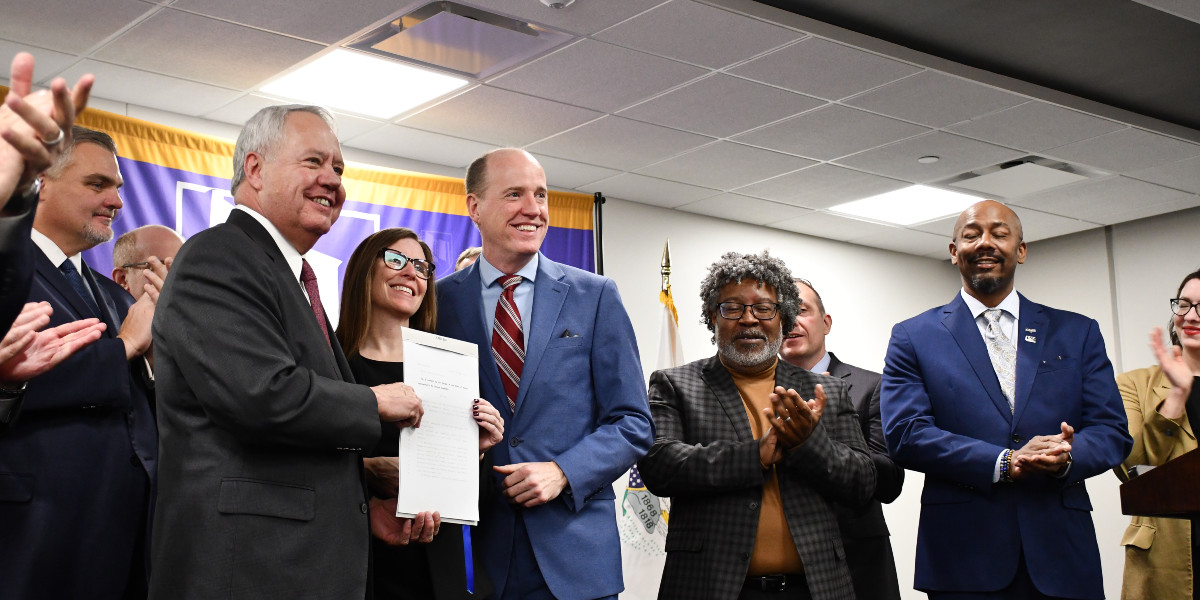
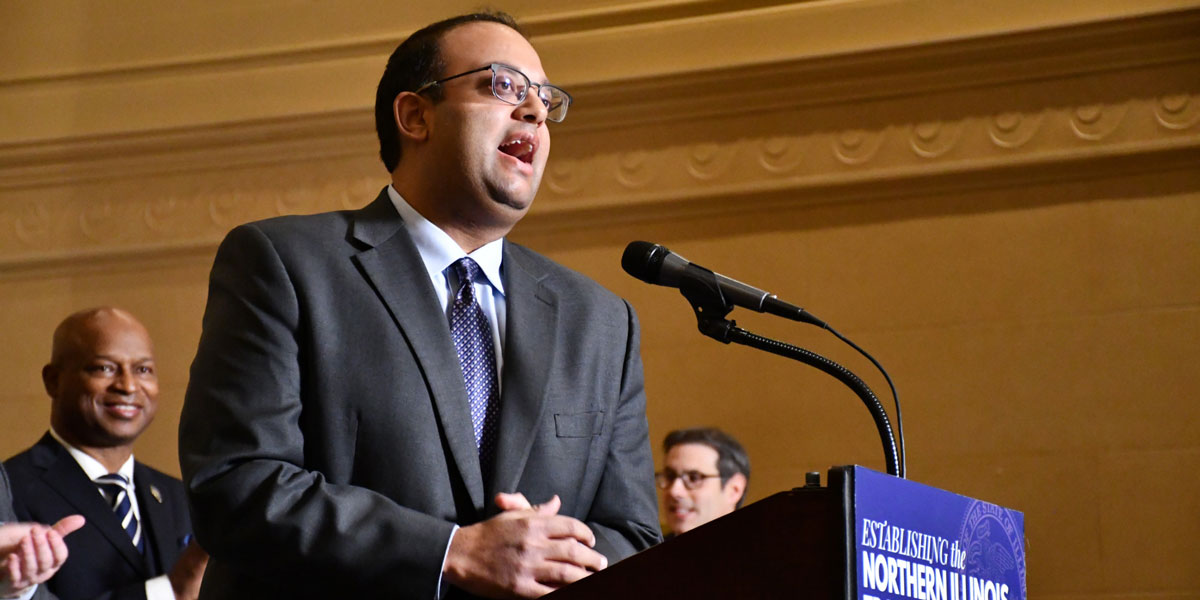


















 © 2026 Illinois Senate Democratic Caucus
© 2026 Illinois Senate Democratic Caucus